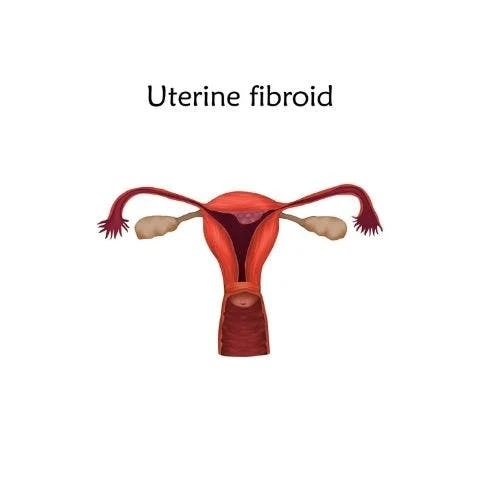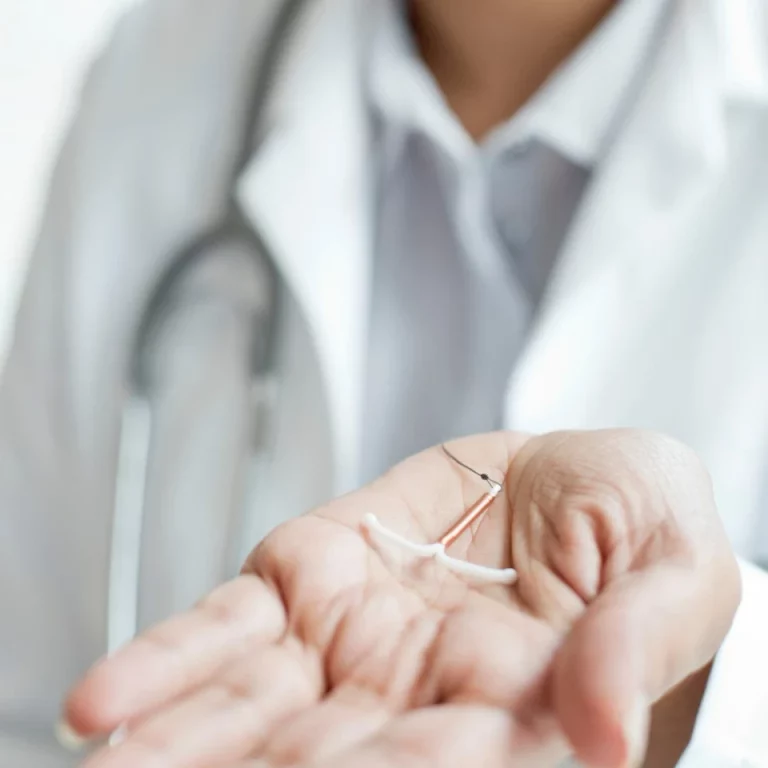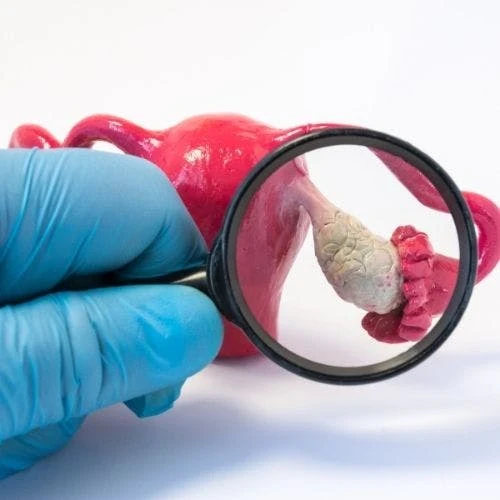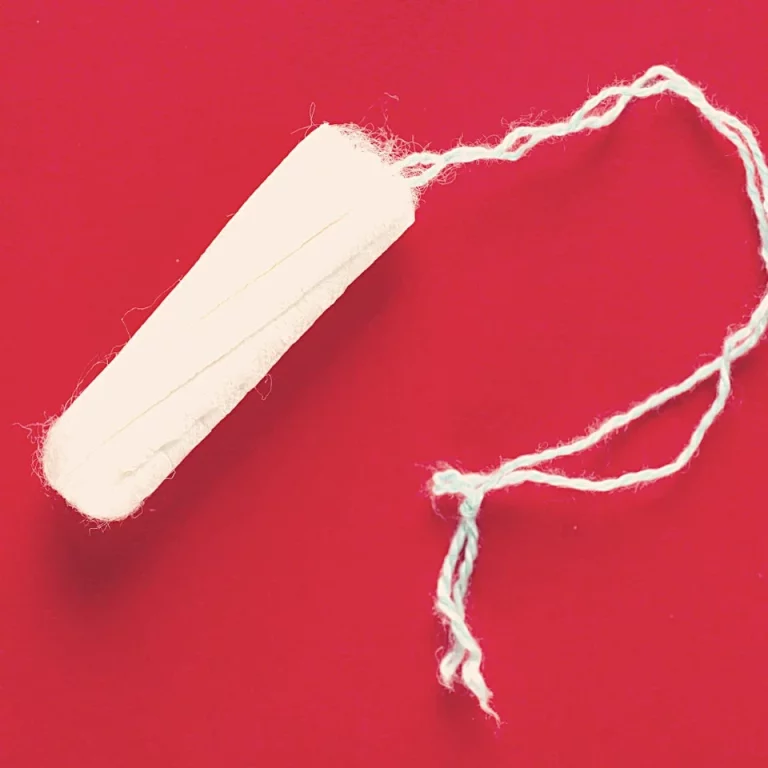Does A Pap Smear Hurt? What To Do Before The Test
Many women wonder, “Does a Pap smear hurt?” The good news is that while the experience can vary, most find it just mildly uncomfortable and not painful.
Understanding Pap Smears
A Pap smear, a crucial cervical cancer screening test, involves your health care provider collecting a small sample of cells from the cervix to check for abnormal cells or the presence of the human papillomavirus (HPV), a key risk factor for cervical cancer. Understanding the pap smear test will help you to realize that it is very quick. So any discomfort you experience should be short lived.
Purpose Of Pap Smear Tests
The primary goal of Pap smears is the early detection and prevention of cervical cancer. In order to do this, the doctor needs to get a sample of cells from your cervix. By examining cells collected from the cervix, it is possible to identify abnormal or precancerous cells.
Pap Smear Procedure
During the procedure, you’ll lie on an examination table, and a speculum—either a plastic speculum, which is often less cold and can be more comfortable, or a metal speculum—will be gently inserted into the vagina to allow access to the cervix.
Some women might feel a sensation of pressure or a small pinch when the cell sample is collected with a tiny brush or small spatula, but taking deep breaths can help ease discomfort.
Tools Used During Pap Smear
In order to collect the sample, there are a few tools that the doctor or healthcare provider must use.
Here is an overview of them and any potential discomfort or pain they may cause.
- Speculum: A metal or plastic instrument that is inserted into the vagina to widen it so that the cervix is visible and accessible. The speculum exam is the part that is likely the most uncomfortable for most women. Sometimes a metal speculum can feel quite cold. This can be jarring and lots of women prefer a plastic one.
- Cytobrush Or Cervical Brush: A small brush or a plastic spatula used to gently scrape the surface of the cervix to collect cells.
- Endocervical Curette: A small, spoon-shaped instrument (sometimes used in addition to the brush or spatula) designed to scrape cells from the cervical canal.
- Gloves: Healthcare providers wear gloves to maintain sterility and prevent the transmission of infections.
- Examination Gloves: Worn by the healthcare provider for hygiene and safety.
- Lubricant: A water-based lubricant may be used to facilitate the insertion of the speculum.
The speculum is inserted into the vaginal opening to widen the vaginal walls and provide easy access to the cervix. Using the brush and the spatula, cells are gently scrapped from the cervix.
Does the Pap Smear Hurt? Ways To Ensure Comfort
The general consensus is that a pap smear should not hurt. However, it is not pleasant. Most people would say it is an annoying and slightly unpleasant experience. Luckily, the uncomfortable part is only about 60 seconds, and the entire exam is just a few minutes.
If this is your first pap smear, there are a few ways to make yourself more comfortable.
Preparation
Being prepared for your pap smear can help. This means both mental and physical preparation.
Mental Preparation
Mentally, do your best to relax and communicate any concerns with your healthcare provider. Deep breathing techniques can be very helpful especially during the beginning of the exam when the speculum is being placed.
Physical Preparation
Go to the bathroom: Physically, you may be more comfortable if you empty your bladder before the pap smear. Relaxing can also help relax your pelvic muscles which can make the speculum exam easier.
Try to abstain from sex 24 to 48 hours ahead of time: Also, avoid having sex one to two days before so that it does not mess with the pap test results. This could lead to a need for further tests and a repeat pap smear, which means having to go through the discomfort again.
Try to schedule your pap smear mid menstrual cycle: Also, you may be more sensitive to pain during your period. Light bleeding may be okay, but not ideal, during a pap smear but heavy bleeding during your period likely means that you will be rescheduled. Menstrual blood can reduce the accuracy of your results. This could mean that you would have to repeat the test.
Communication
If you are nervous about your pap smear, be sure to communicate this to your doctor. Your doctor can help to reassure you that the mild discomfort will be short lived. You can also ask your doctor if there is a smaller speculum that can be used.
Also, your doctor can tell you the steps of the pap smear as they are performing them. For some patients this provides a sense of comfort knowing that the exam is going as it should, and with each step they are closer to nearing the end.
During The Procedure
It is important to try to stay relaxed during the procedure. If the doctor is not able to get an adequate sample due to poor patient cooperation, it is just going to take them longer which means it will be more uncomfortable.
Also for patients who have anxiety, they may consider some relaxation techniques ahead of time, and during the pap smear. Patients who are anxious or unable to relax their pelvic muscles may experience more discomfort during the procedure.
Does A Pap Smear Hurt After It’s Over?
As soon as the pap smear is over, you may feel just a touch of discomfort. But, this should resolve nearly immediately.
The American College of Obstetricians and Gynecologists (ACOG) says, “You might feel a bit of cramping or discomfort that feels like period cramps after the test.” But they also say, “these feelings should go away quickly and you won’t need any treatment.”
You should also not be concerned if you see a small amount of blood. ACOG mentions, “It’s normal to have a little bit of spotting (pink or brown discharge) for a day or two after the test.” They suggest, “if you’re worried about how much or how long you’re bleeding, talk to your healthcare provider.”
It is important to know that it is not normal to have heavy bleeding or really bad cramping after a Pap smear. If this happens, you should tell your healthcare provider. If you’re worried about how you feel after a Pap smear, it’s a good idea to talk to your healthcare provider.
Don’t Let The Discomfort Discourage You
Even if a pap smear is uncomfortable, you should not let that stop you from having one. Pap smears, often combined with an HPV test, are considered the best way to detect abnormal growths in the cervix early, significantly reducing the risk of a cancer diagnosis by identifying risk factors in the pelvic area and the walls of your vagina.
The American Cancer Society emphasizes the importance of regular Pap smears according to specific guidelines, as they play a crucial role in monitoring the health of women’s reproductive organs and ensuring any abnormal pap smear results are followed up with further testing.
Understanding your medical history, including any issues like vaginal dryness, can help your female doctor tailor the exam to your needs, ensuring the accuracy of your results and minimizing discomfort.
Does A Pap Smear Hurt: Summary
It is uncommon for a pap smear to hurt and extremely uncommon for anyone to be in a lot of pain during a pap smear. A pap smear can be uncomfortable but there are a few things you can do to improve your experience. Trying to relax, emptying a full bladder, and asking for a smaller speculum can all optimize your situation. This will be helpful since you will need to have routine pap smears througout your life so it is a good idea to know how to make the best of it.
Regular pap smears are an important part of women’s health. Even though the risk of cervical cancer is reduced by the HPV vaccine, it is still important to have regular pap tests. This cervical screening test takes just a couple of minutes. It can help to catch any abnormal cervical cells in the early stages. While a pap smear may not be a walk in the park, it is not suppose to be painful. The most important thing is educating yourself on the importance of pap smears and regular screening for cervical cancer.








